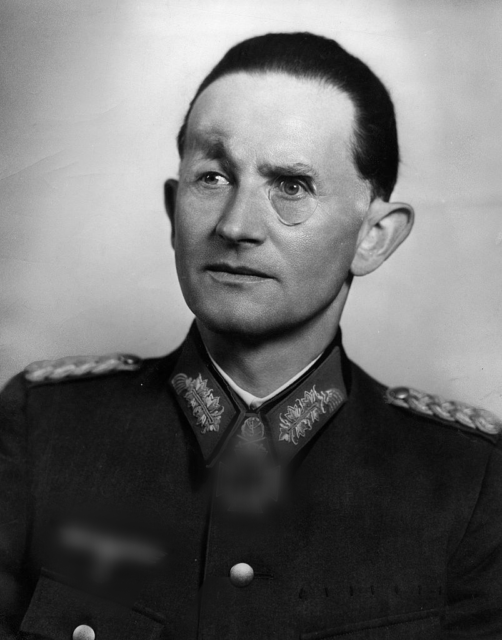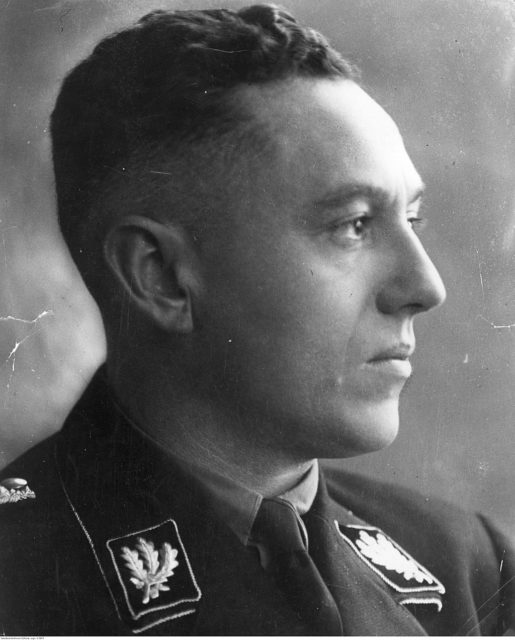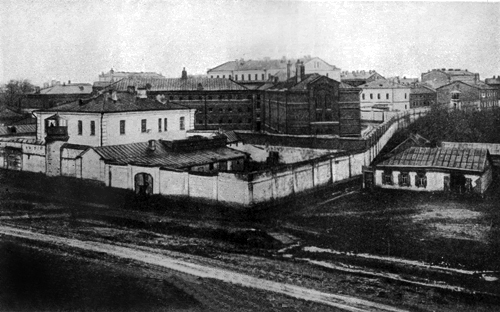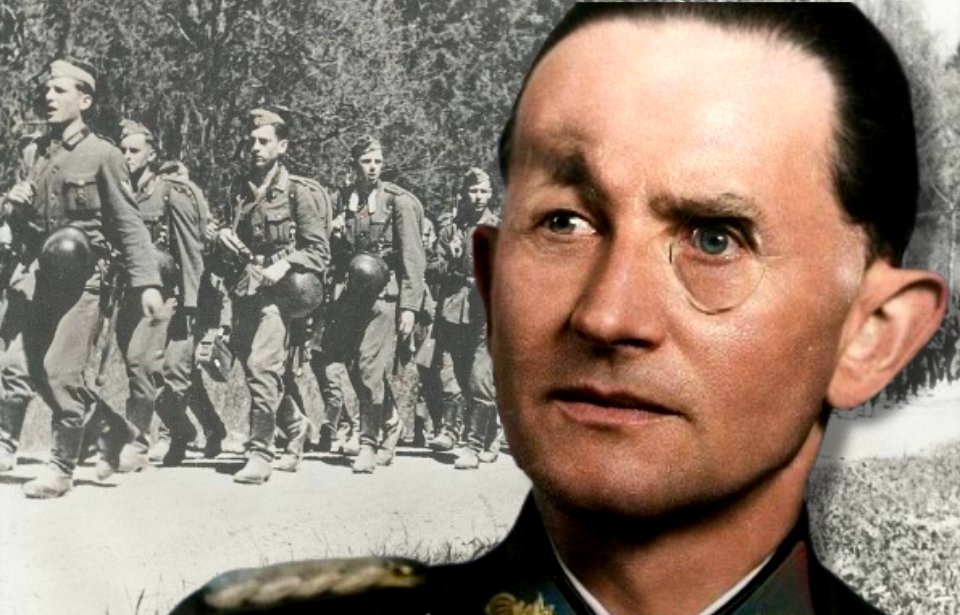Dietrich von Saucken brought his cavalry sword to a meeting

In the bitter winter of 1945, as the Third Reich crumbled all around him, nearly every senior German commander had come to terms with the grim reality of imminent defeat—everyone except the Führer himself. General Dietrich von Saucken had already jeopardized his position by saying as much, a candor that briefly cost him his command. But with the war falling apart and veteran leaders scarce, he was recalled to duty only weeks after his dismissal.
Von Saucken, a lifelong soldier and proud son of East Prussia, had distinguished himself in both global conflicts. So when he was called to the Führer’s subterranean headquarters in February 1945, he was handed an almost hopeless mission: defend East Prussia against the relentless advance of the Red Army. The assignment was bleak, but it spoke to the respect he commanded as a skilled and principled officer.
Upon reporting to receive his orders, von Saucken made a deliberate and daring statement—he arrived wearing his cavalry saber, a traditional emblem long forbidden in Hitler’s presence. The Führer offered no reprimand, whether out of obliviousness or unwillingness to challenge the general’s quiet but unmistakable act of defiance.
Pushing his luck with the Führer

Witnesses to this “historic” encounter report that not only did Dietrich von Saucken flaunt attire likely to provoke the Führer, but his manner of speaking dripped with disdain, another transgression that could’ve led to his imprisonment in a forced labor camp, or worse. Men had faced execution for lesser offenses.
Initially, he delivered a military salute to the German leader, not the customary one demanded of those around him. Remarkably, the Führer, once again, appeared oblivious.
When he insisted that East Prussia must be defended and added that von Saucken would report to local loyalist Gauleiter Albert Forster, the general abandoned all pretense of heeding these directives. The notion that he would answer to a low-ranking, local and anonymous figure incensed von Saucken, prompting him to slam his hand onto the table between him and the Führer. Only then did he finally command the German leader’s undivided attention.
“I have no intention of taking orders from a Gauleiter,” von Saucken declared.
At this point, it seemed the general had reached a state of indifference regarding the repercussions his statements might elicit. He brazenly disregarded the Führer‘s directive and addressed him as “Herr,” instead of the expected honorific “Mein,” which citizens were mandated to use when referring to him.
The entire room sat in stunned silence, waiting to see how the German leader would react. To everyone’s surprise, he simply responded, “Alright, Saucken, have command of it yourself.”
Dietrich von Saucken becomes a prisoner of the Red Army

Dietrich von Saucken remained devoted to his troops until the final days of World War II. Despite chances to flee, he stayed behind, prioritizing the evacuation of the injured. His choice ultimately led to capture by Soviet forces, and he endured 10 years in a prison camp.
When he was finally freed, the years of harsh confinement had left him weak and permanently wheelchair-bound. He later resettled in Bavaria, where he lived a quiet life and found solace in painting.
His experiences raise a compelling question: what might have changed if more military leaders had refused to execute orders they knew were unjust? Could such courage have shifted history or prevented some of humanity’s darkest events? While we may never know the full answer, one truth remains evident: confronting a tyrant requires extraordinary bravery, and though the cost can be immense, the legacy of such defiance can endure far beyond a lifetime.
